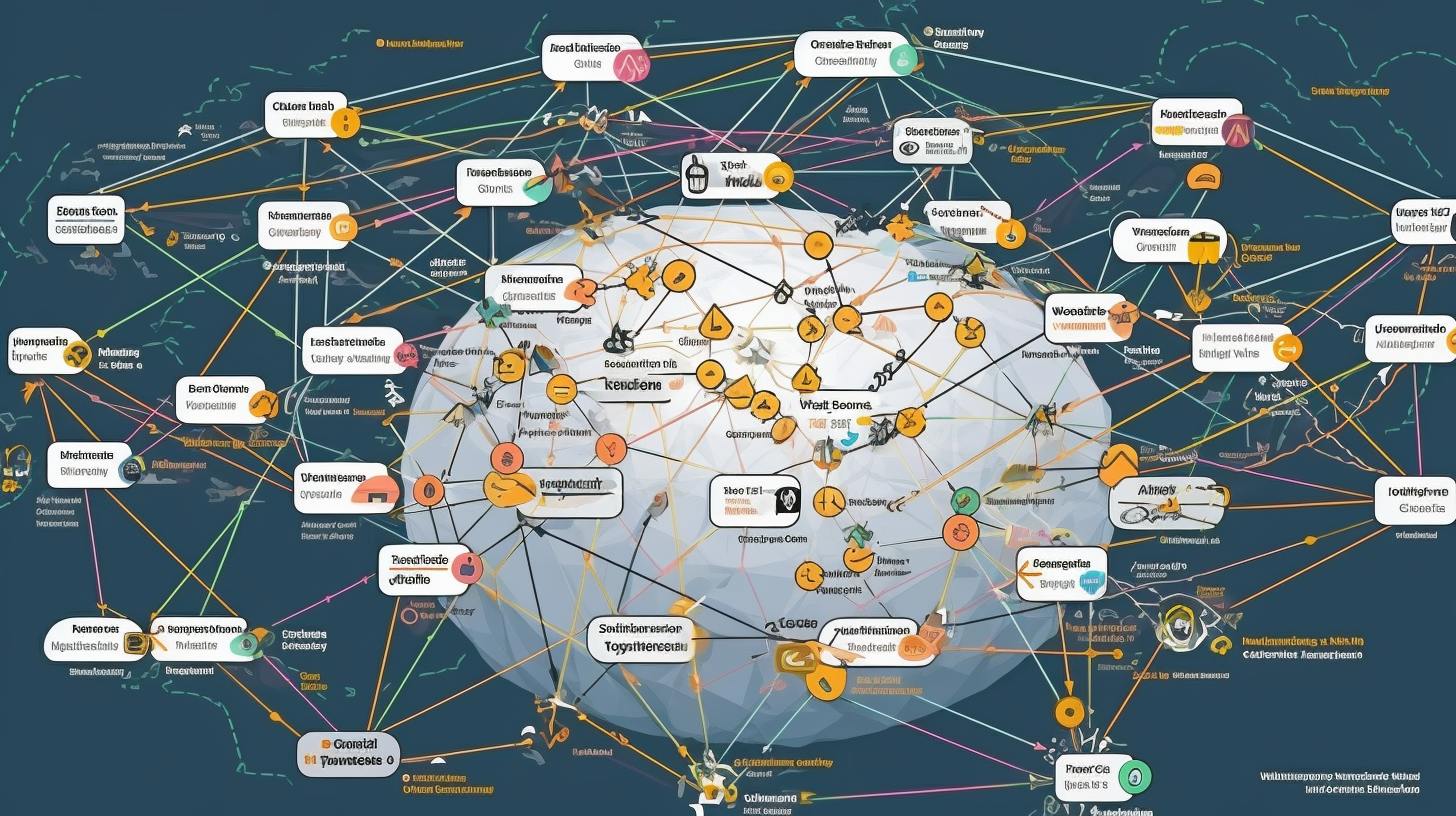Deciphering the Intricacies of AWS Services: An Insightful Tool for AWS Certified Cloud Practitioners (CLF-C01) Exam Preparation

Amazon Web Services (AWS) have rapidly unfolded an immense panorama of possibilities in the tech realm. AWS offers an expansive suite of cloud services that can be classified roughly into four main categories: compute, storage, networking, and database services. Allow me to take you through a fascinating tour of these services, shedding light on their unique functionalities and how they interplay to create the amazing AWS ecosystem.
Compute Services
Let's kick off this riveting journey with AWS compute services! For starters, AWS compute services lease computing power to software systems allowing them to perform tasks such as running applications and processing data.
Now, hold onto your hats folks, as we dive into the diverse universe of AWS compute services! Amazon EC2, often referred to as the backbone of AWS, offers resizable compute capacity in the cloud and comes in many different instances families tailored to specific applications and use-cases. If you're talking about juggling tasks efficiently, Amazon ECS is your go-to service that allows you to run applications on a managed cluster of Amazon EC2 instances.
Switching gears, you can effortlessly run your code using AWS Lambda as it saves you from the worry of managing servers. And the best part? Elasticity is achieved through Auto Scaling, which automatically adjusts resources based on the demand. It's like having an orchestra conductor perfectly synchronizing your resources!
But, hold up! What about regulating traffic to these resources? Well, the trusty AWS Load Balancer's the unsung hero here folks, distributing incoming traffic across multiple targets and ensuring seamless operation.
Storage Services
Let's switch gears and delve into the treasure trove of AWS storage services. Amazon S3 holds a prized position as an object storage service, while Amazon EBS offers persistent block storage volumes for EC2 instances. Looking for chilly storage? S3 Glacier is your solution for data archiving. If you need an appliance to transfer petabytes of data into and out of AWS, AWS Snowball steps up to the plate. Not to overlook Amazon EFS, offering scalable file storage for use with EC2, and AWS Storage Gateway, bridging the gap between on-premises and cloud data.
Networking Services
Moving swiftly along, AWS networking services encompass a slew of varying functionalities. Whether we're talking about isolating resources using Virtual Private Cloud (VPC), managing inbound and outbound traffic through security groups, or making routing decisions via Amazon Route 53, AWS has got you covered. Plus, it offers VPN connections for secure access to your resources and AWS Direct Connect for a dedicated, more consistent network experience.
Database Services
We've finally touched base with the last pillar of AWS services - Database services. Amazon RDS allows you to run relational databases in the cloud, while DynamoDB brings a NoSQL database service to the table. On a similar note, Amazon Redshift delivers fast querying over petabytes of data. And let's not forget the flexibility to install databases on EC2 compared to AWS managed databases, giving you the control to choose the best financial or technical fit for your use case.
Exciting Statistics
Having waded through the nitty-gritty of AWS services, it's about time to jazz things up with a sprinkle of intriguing statistics. A 2020 report from Synergy Research Group revealed that AWS dominates the global cloud infrastructure market with a staggering share of 33%, leaving competitors struggling to keep pace.
Why such dominance, you may ask? Well, AWS's diverse and comprehensive service offering certainly plays a part. For instance, Amazon EC2 alone offers a mind-boggling variety, with more than 350 types of instances available, ensuring versatility and customization like never before.
Namely, The New Stack, in a 2018 report, revealed that over 44% of businesses using cloud storage opted for Amazon S3 proving its popularity as a reliable and scalable storage solution. Moreover, a Canalys report boasts that AWS Direct Connect's connections have exponentially grown by nearly 80% in recent years, signifying increased adoption of dedicated network connections. Simultaneously, Statista reports reveal that approximately 60% of large tech companies are using AWS Lambda, demonstrating the uptake of serverless computing in the tech industry.
All this staggering data points towards a solid inference: AWS's multifaceted services are instrumental in driving its unrivaled position in the cloud industry, thereby promoting a strong demand for AWS certified professionals. Therefore, a deep understanding of these services will not only augment your AWS Certified Cloud Practitioner (CLF-C01) exam preparation but also unleash a world of opportunities in your cloud career.